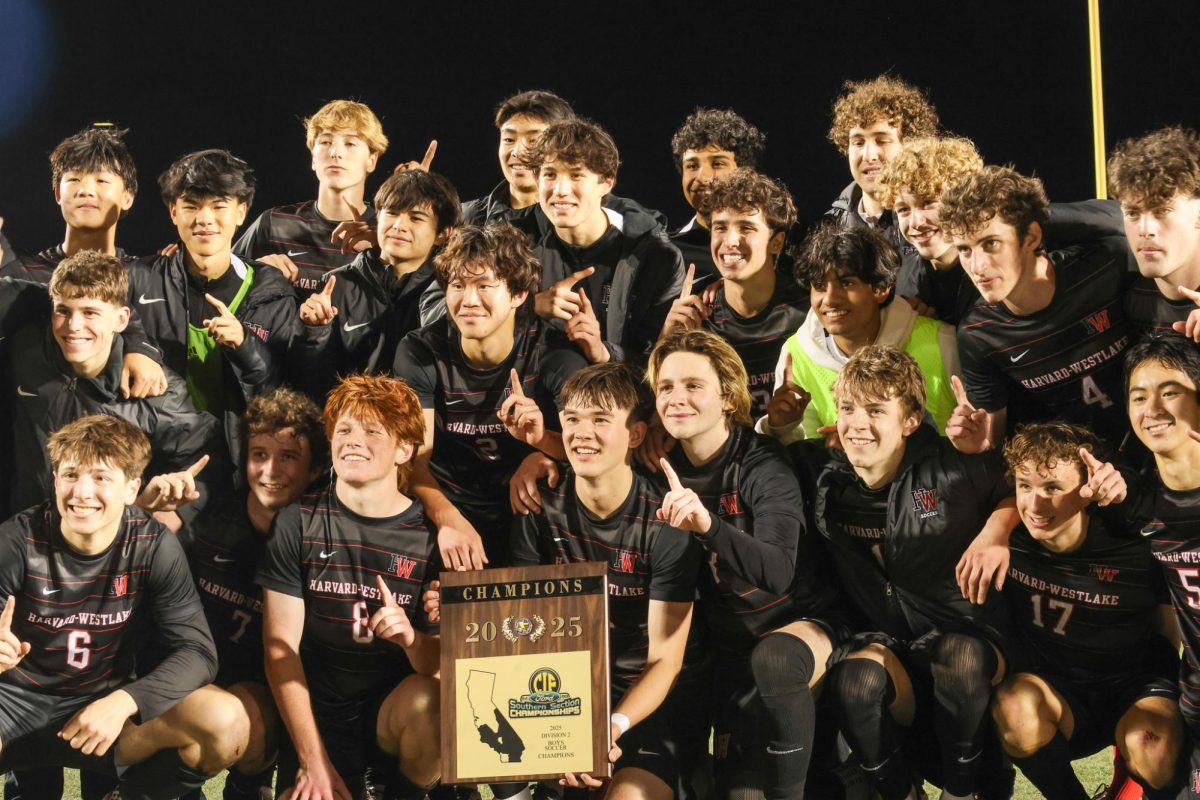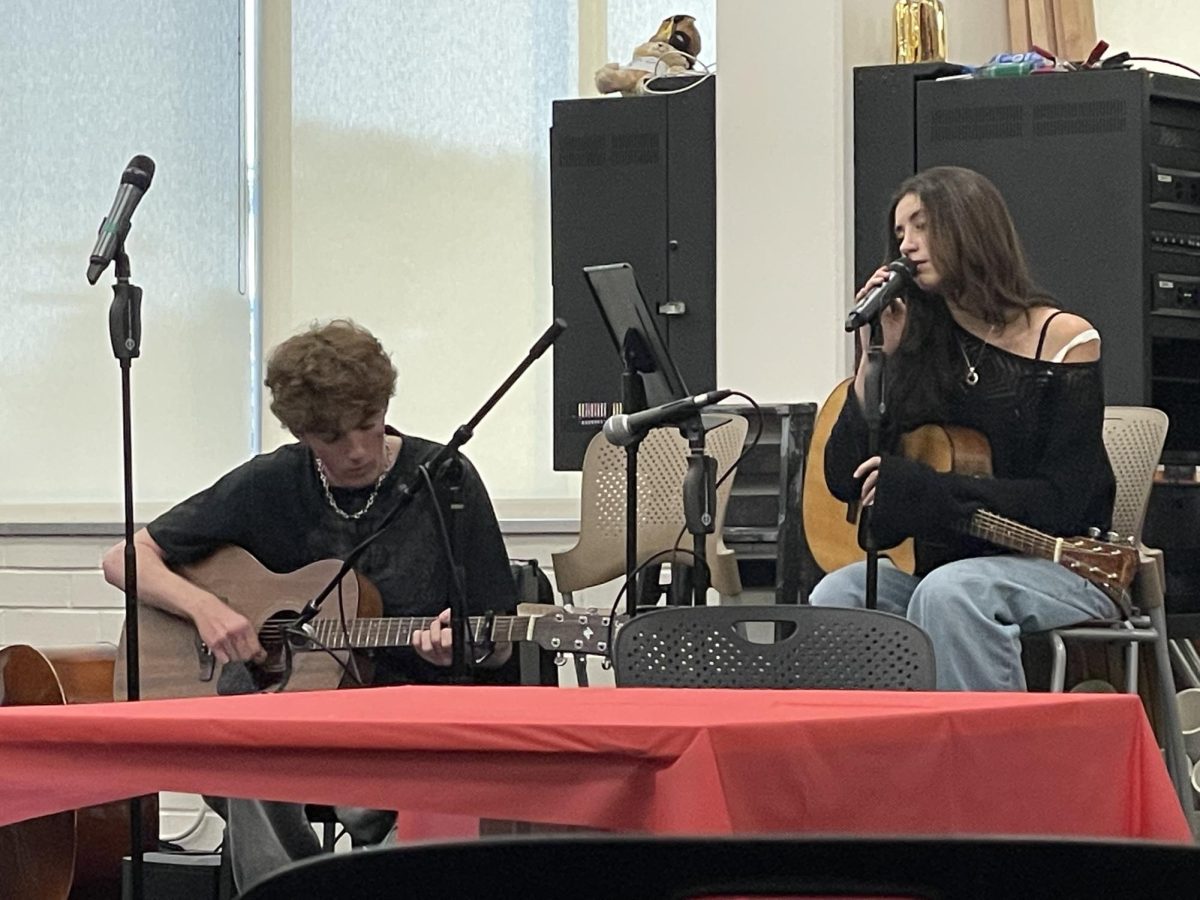Several students will investigate the effects of sleep deprivation for the track team’s academic and athletic performance for a study at the Children’s Orthopedic Center at Children’s Hospital Los Angeles.
Beginning Feb. 1, participants will assist former science teacher David Hinden and the Institute for Scholastic Sports Science and Medicine headquartered at Harvard-Westlake in research.
Although sleep deprivation has been shown to significantly affect health, with negative effects such as cognitive dysfunction, increased risk of heart disease and impaired reaction time, almost all research data available on the relationship between sleep, athletic injury and performance is on college and adult athletes.
Addressing the need for data on high school athletes, the study will use medical devices donated by the Los Angeles Galaxy soccer team. Collected data will then be compared to self-reported data from the school’s past workload study surveys.
Research assistants will write an abstract for a poster that will be presented next October at the American Academy of Pediatric Medicine Conference, one of the world’s largest medical conferences, and will help the principal investigator with a literature review.
In addition, participants will receive three hours of community service credit and will be able to attend weekly lab meetings at the Children’s Hospital Los Angeles to review the research finds throughout the course of the study.
“Participation in the study should be a valuable learning experience for the participants,” Hinden said. “Everyone will get a sense of what is involved in producing scientific data, and hopefully some young minds will be turned onto the opportunities presented by the intersection of sports, science and medicine.”
A trial of the study was already conducted with the cross-country team from October to November. Participating athletes were asked to wear an ActiGraph watch, which monitors physical activity and heart rate, though watches were not worn during races and when the athletes were submerged in water. They also took an hour-long neurocognitive test for the study.
“The most important data they needed was when I was sleeping, so I kept the watch on then and also wrote in a sleep journal, recording when I went to bed and woke up, how much caffeine I drank and what I did before bed,” Sarah Conway ’18 said. “I’m very excited to be contributing to scientific research.”
Harvard-Westlake has sponsored a number of research studies with outside institutions in the past, but this study with ISSSM is the first in which students will be able to contribute as more than just research assistants.
“This is the first we expect of many studies that is being implemented systematically as part of a program where our students will act as research assistants as well as research subjects,” Hinden said. “This is a central part of the vision of ISSSM.”































